
views
New Delhi: A 30-member team of European Union is set to visit Kashmir on Tuesday as normal life continues to remain affected in the Valley for over 80 days.
According to sources, 30 members of the panel, who arrived in India on Sunday, will be briefed by top officials on ground situation in Kashmir. They will meet residents and owners of the boats in Dal lake. A source said that the visit was an "unofficial" one, and the members have organised it "in personal capacity". The members on Monday met Prime Minister Narendra Modi and NSA Ajit Doval.
Delhi: Members of European Parliament called on Prime Minister Narendra Modi at 7, Lok Kalyan Marg today. The delegation would be visiting Jammu and Kashmir tomorrow. pic.twitter.com/JQKq5xifkk— ANI (@ANI) October 28, 2019
There should be zero tolerance for terrorism, Modi told the delegation that had called on him. Expressing hope that the parliamentarians' visit to various parts of the country will be fruitful, Modi said the visit to Jammu and Kashmir should give them a better understanding of the cultural and religious diversity of the regions of Jammu, Kashmir and Ladakh, a statement issued by the Prime Minister's Office said.
The prime minister also hoped that it will give them a clear view of the development and governance priorities of the region, it said. Without naming any country, Modi said urgent action is required against all those who support or sponsor terror activities and use terrorism as a state policy.
Reacting to the development, former CM Mehbooba Mufti hoped that the iron curtain between Kashmir the world is lifted. She said that the Indian government must be held accountable for "pushing Jammu and Kashmir into turmoil".
Hope they get a chance to speak to the people, local media, doctors and civil society members. The iron curtain between Kashmir & the world needs to be lifted and GOI must be held accountable for pushing J&K into turmoil https://t.co/okZkVUK8Jz— Mehbooba Mufti (@MehboobaMufti) October 28, 2019
The prime minister also highlighted the jump in India's position in Ease of Doing Business rankings from 142 in 2014 to 63 now. This is a massive achievement for a country of such enormous size, demography and diversity. Governance systems are today enabling people to move in an aspirational direction, he said.
Modi also underlined the focus of the government on ensuring Ease of Living for all Indians. He mentioned about the success of key programmes of the government including Swachh Bharat and Ayushman Bharat.
Modi reiterated India's commitment to eliminate TB by 2025, five years before the global target. He also talked about steps taken for environment protection and conservation, including enhanced renewable energy targets and movement against single-use plastics.
The prime minister appreciated the importance the parliamentarians attach to their relationship with India by visiting right at the beginning of their term. The delegation of EU members of parliament will meet Vice President M Venkaiah Naidu on Monday evening.
Internet services — across all platforms — continued to be snapped across the valley since the night of 4 August — hours before the Centre announced its decision to abrogate Article 370 of the Constitution, which gave a special status to Jammu and Kashmir, and bifurcate the state into two Union territories. Landline and postpaid mobile phone services, however, have been restored.
The efforts of the state government to open schools have not borne any fruit as parents have continued to keep children at home due to apprehensions about their safety. However, authorities are making preparations for holding all board examinations as per schedule.
Most of the top-level and second-rung separatist politicians have been taken into preventive custody, while mainstream leaders, including two former chief ministers — Omar Abdullah and Mehbooba Mufti — have either been detained or placed under house arrest.
Another former chief minister and the Lok Sabha MP from Srinagar, Farooq Abdullah, has been arrested under the controversial Public Safety Act, a law enacted by his father and National Conference (NC) founder Sheikh Mohammad Abdullah in 1978 when he was the chief minister of Jammu and Kashmir.














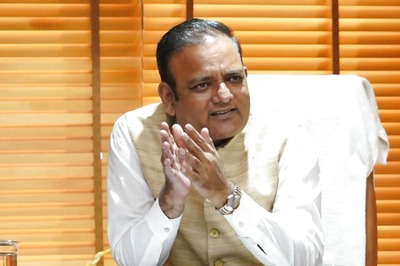
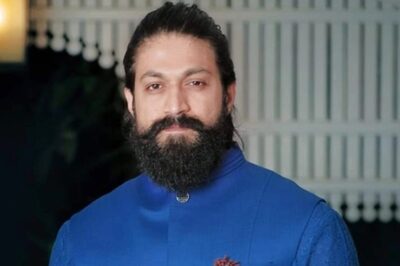
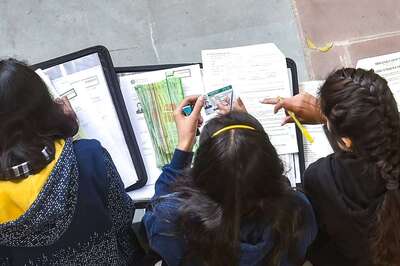

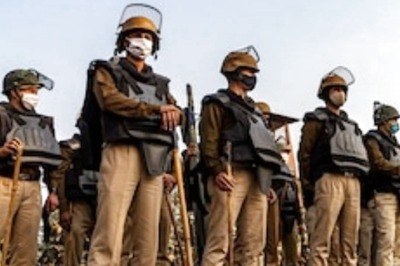
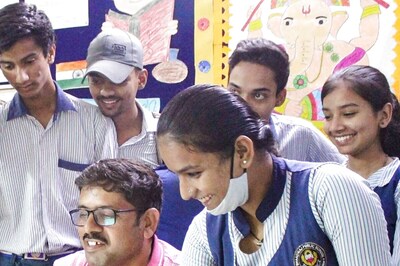
Comments
0 comment